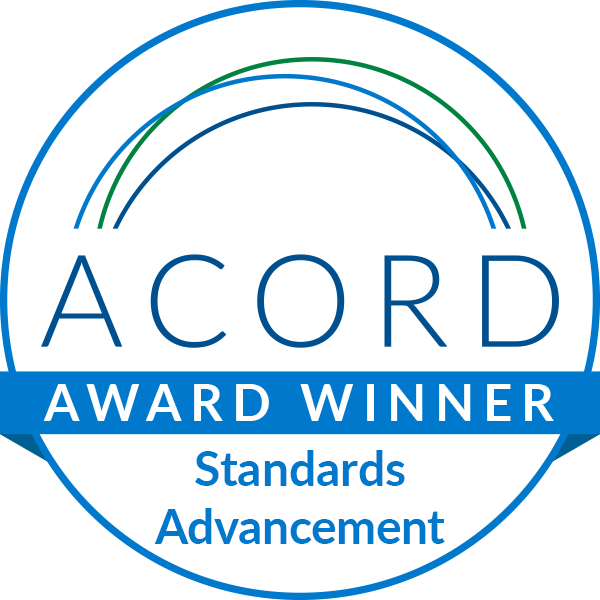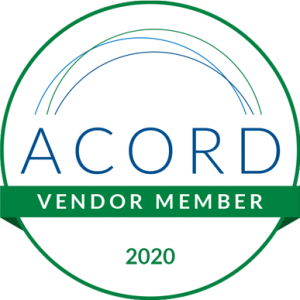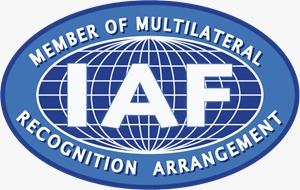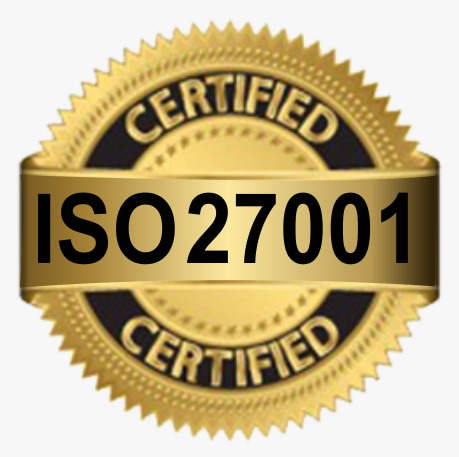In the present era, as we have all seen and experienced, especially in recent times, Insurance has become a necessity for everyone. Insurance, whether it be for personal or commercial purposes, has become an indispensable part of our lives. Being a vast industry, one must be aware of many things to learn and perform day-to-day or policy-related operations. In this Blogpost, a portion of those learnings will be discussed. We will discuss Assigned Risk and FAIR Plans for Insurance Companies in the US.
Assigned Risk Plan
Using the concept of assigned risk, certain insurance products can be made available to those who, without it, would be turned down because their risk level would be deemed too high. People can apply for insurance through their state’s specified risk “pool” if they were unable to acquire coverage through the private market, generally known as the voluntary market. The person will be assigned by the state to a pool of insurance companies, who must accept and insure that person.
In states with assigned risk schemes, businesses that offer workers’ compensation and auto insurance are mandated to take part. While assigned risk programs permit consumers to acquire the coverage they require for certain activities, the rates synthesized through these programs are noticeably higher than those obtained through private market insurance. Furthermore, the majority of assigned risk plans simply provide the bare minimum of coverage. If a person is compelled to purchase an assigned risk plan, they can later try to fix whatever issue made them unappealing to insurance providers by applying for a plan on the private market.
A driver may require an assigned risk plan in the context of auto insurance for a wide variety of reasons. Innumerable traffic violations or occurrences, such as speeding citations, traffic tickets, or most recently occurring accidents, are prominent reasons why drivers may be denied on the private market. There are point systems for driver’s licenses in 41 states, and in a few of them, insurance companies will not cover drivers who have amassed so many points. Other factors could include the driver’s inexperience, a bad insurance history, bad credit, or living in a high-crime region.
It may be challenging for brand-new or incredibly tiny businesses to obtain a workers’ compensation plan on the private market. Insurance companies could also consider more established businesses with a proven record of losses advantageously. Furthermore, insurers are apprehensive to provide coverage for businesses with highly risky practices. Even though not all states mandate workers’ compensation insurance, those that do may offer assigned risk plans to businesses in those states.
FAIR Plans
High-risk individuals can secure home insurance under a program referred to as FAIR Plan, which stands for Fair Access to Insurance Requirements. In light of the fact that their homes are positioned in high-risk areas or they have other potential risk factors that bother the insurers, people who obtain insurance through a FAIR Plan are often ineligible for coverage on the voluntary market.
FAIR Plans are government-run programs supported by taxpayers and private insurance companies. A FAIR Plan varies significantly from standard home insurance because it is a shared market plan. Rather than securing coverage from a single insurance company, a FAIR Plan include your property via many insurance companies, limiting the amount of risk that one company assumes. If you file a claim, each participating company covers a portion of your loss.
FAIR Plans are developed to safeguard high-risk properties and homeowners. However, the interpretation of a high-risk home seems to be quite specific. The following are some of the characteristics of a high-risk home that would make you qualified for FAIR Plan insurance:
- You live in an area susceptible to severe weather, such as tornadoes, hurricanes, or earthquakes.
- You reside in a high-crime, vandalism, or theft-prone neighborhood. This is more common in urbanized areas.
- Your residence is very old, with outdated systems that make it challenging to insure, such as old plumbing or electrical wiring.







GMpmCXjS
mdVipxlozXkUCYr
uwyFeiYJWmZxXaO
nDGPeRMYVJWuNZK
jQNmSuczVkdBv
GXHZqfcmo
WGFQdPYtx